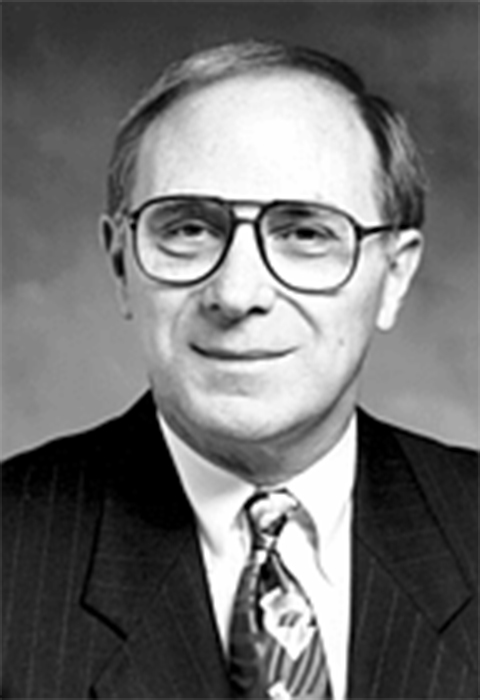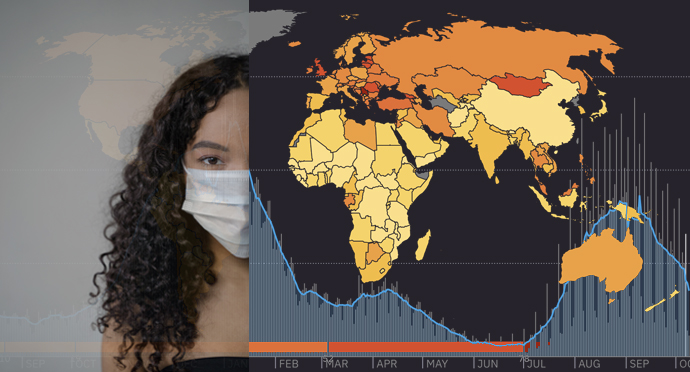With deepest sorrow, Rosina Vega and Brian Roden announce the sudden death of our friend and founder, Frank Becker. Frank passed away on Sunday, October 8, at Evanston Hospital in Illinois at the age of 87.
Frank started working at Abbott Laboratories in the 1950s. He worked as an operator in the summers while attending Purdue University. He graduated from Purdue in 1959 and joined Abbott Laboratories full-time as a chemical engineer. Frank also had an MBA specializing in finance. Frank did what he loved most during his career: he built things. He was responsible for constructing several plants that are still in operation, either at Abbott, AbbVie, or other pharmaceutical companies that acquired those properties. When he retired from Abbott, Frank was the Divisional Vice President in charge of Chemical Manufacturing, covering North Chicago, IL, Puerto Rico, the UK, and Italy facilities. He was part of developing almost every in-house-originated pharmaceutical product launched by Abbott between 1960 and 2000.
Frank founded GreenField in 1997 after retiring from a long career at Abbott. With Frank’s drive and energy, GreenField became a niche trading and consulting company for numerous small and virtual pharmaceutical companies. Joined by Rosina Vega in 1998 and Brian Roden in 1999, the three friends pursued their passion for developing pharmaceutical products and to “build” things that would help people and that would last decades.
GreenField lost our Founder, mentor, number cruncher, and biggest cheerleader. He was also a dog lover and was always ready to hand out dog cookies to the four-legged friends we were lucky enough to bring to work. We will miss his warmth, his vibrancy, and his energy. Up until his last days, Frank was in the office doing his part to make GreenField successful.
To all of us who had the honor to know him, we can recall some wonderful story or adventure with Frank. Whether it’s at work, one of his famous fishing excursions, or a vacation/business trip to some amazing part of the world, Frank helped spread his love of life to everyone he knew. It was his nature to share in any way he could.
Few people in this world are truly self-made, people who take advantage of every opportunity to succeed. Frank was one of those people. He will be missed in our lives.”
Memorial service information can be found below:
Date: Tuesday, October 17th
Memorial Service
Strang Funeral Home
1005 Main St., Antioch, IL 60002
Gravesite Service
Millburn Cemetery
18577 W. Millburn Rd., Old Mill Creek, IL 60083
9:00 AM – 9:30 AM: Immediate Family Viewing
10:00 AM – 11:30 AM: Visitation/Open Casket
11:30 AM – 12:00 PM: Memorial Service, Speakers, Closing Prayer
12:00 PM: Closing of the Casket
12:00 PM – 1:00 PM: Procession to Millburn Cemetery and Final Prayer at the gravesite
Information on opportunities to donate in Frank’s name will be provided shortly.

